Home of UT
Materials Science and
Engineering
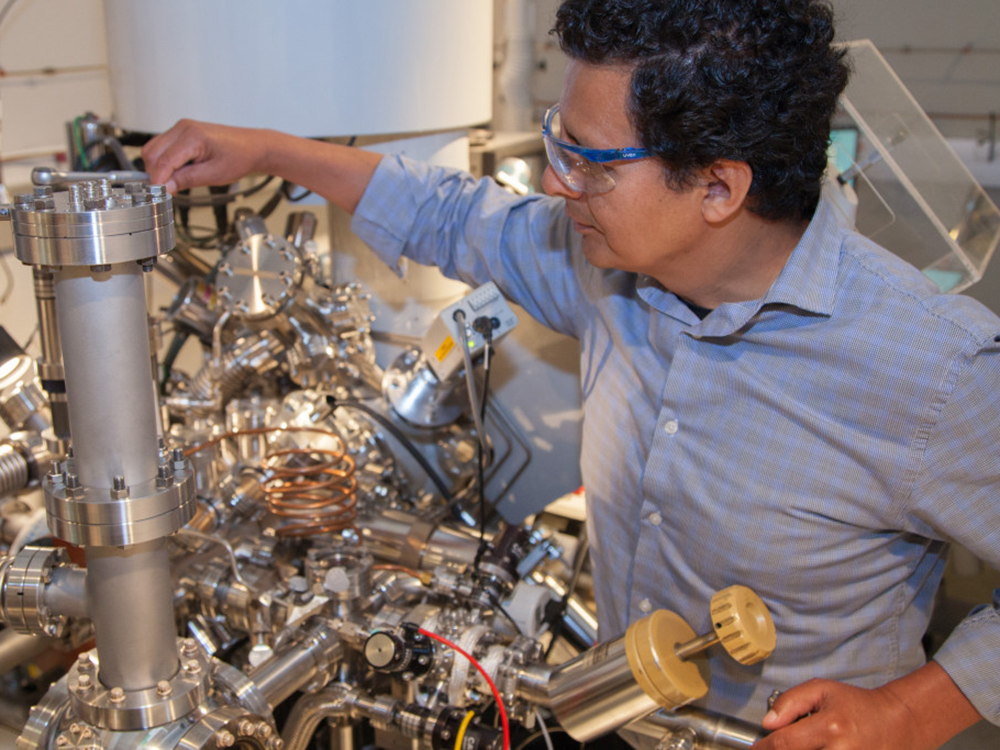
Core Faculty
TMI's core faculty lead cutting-edge research by running their grants through the institute, fostering collaboration and resource sharing.
Learn More
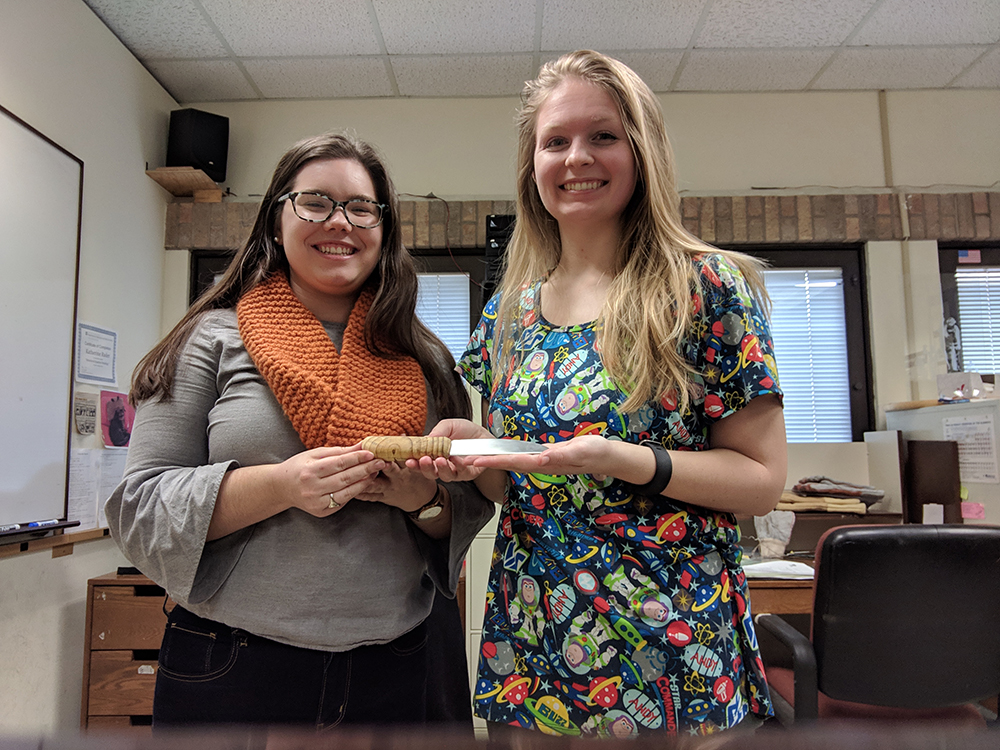
Graduate Program
Our Materials Science and Engineering program is one of the best in the nation, and our graduates go on to be leaders in their fields.
Learn More
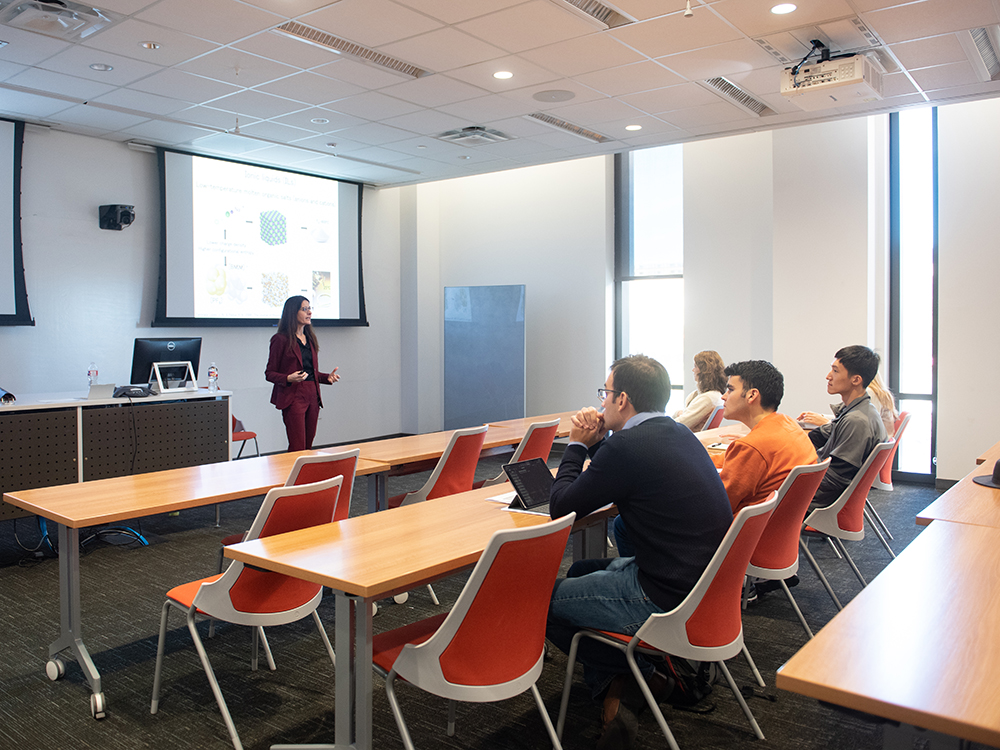
Research
TMI supports interdisciplinary research at UT Austin, with over 100 faculty focusing on clean energy, nanotechnology, and advanced materials using our state-of-the-art facilities.
Learn More
Home

New Thermal Interface Material Could Cool Down Energy-Hungry Data Centers
A new cooling technology could change how heat is managed in electronic devices — from tiny semiconductors to massive data centers.
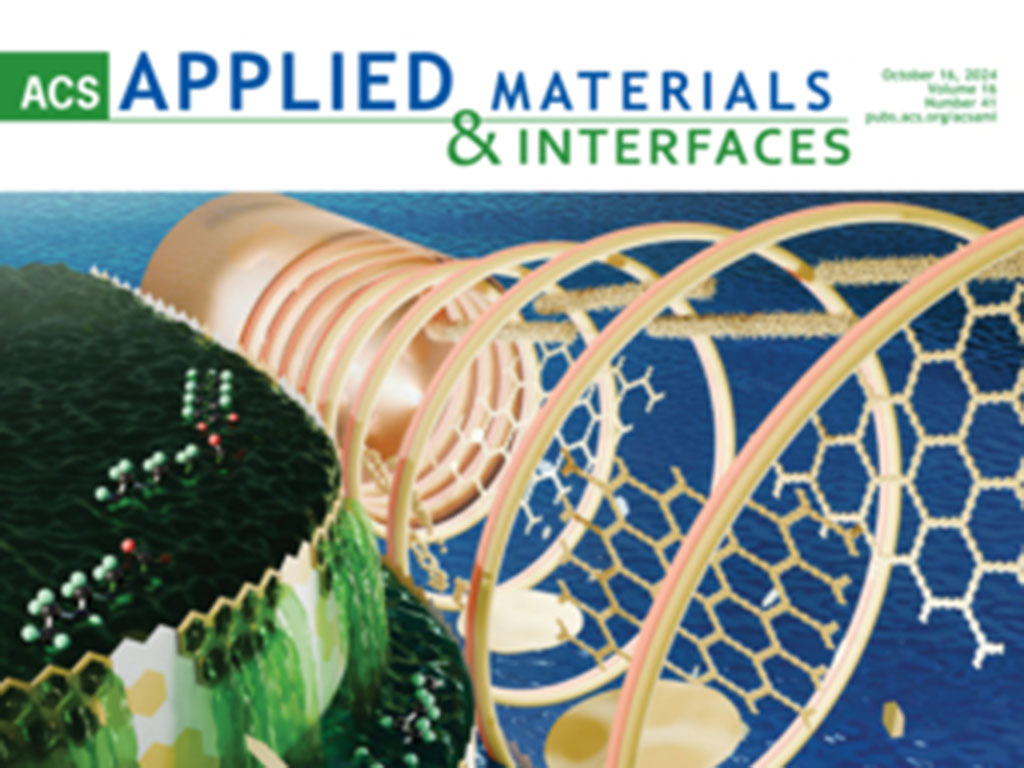
Nature-Inspired Tech Powers Faster Water Purification
Researchers at The University of Texas at Austin, led by Dr. D. Emma Fan, have developed a groundbreaking electrochemical manufacturing technology for water purification, inspired by the efficiency of natural structures like plant roots and the human lung.

Dr. Jean Anne Incorvia Publishes in Nature Review
Dr. Jean Anne C. Incorvia, Associate Professor at The University of Texas at Austin, has made a significant contribution to the field of spintronics with her latest publication, “Spintronics for Achieving System-Level Energy-Efficient Logic,” in Nature Reviews Electrical Engineering.

Professor Vaibhav Bahadur Makes Key Contributions to Carbon Sequestration and Hydrates Research
Vaibhav Bahadur, Associate Professor in the Walker Department of Mechanical Engineering and the Texas Materials Institute at the University of Texas at Austin, recently contributed to two high-impact publications in Applied Energy and Langmuir.
Page 10 of 34
Texas Materials Seminar Series
The Texas Materials Seminar Series features MSE 397 Seminars, TMI Distinguished Lectureships, and TMI Special Seminars, where leading faculty and professionals from around the world share cutting-edge innovations and advancements in materials engineering with our students.
Learn More
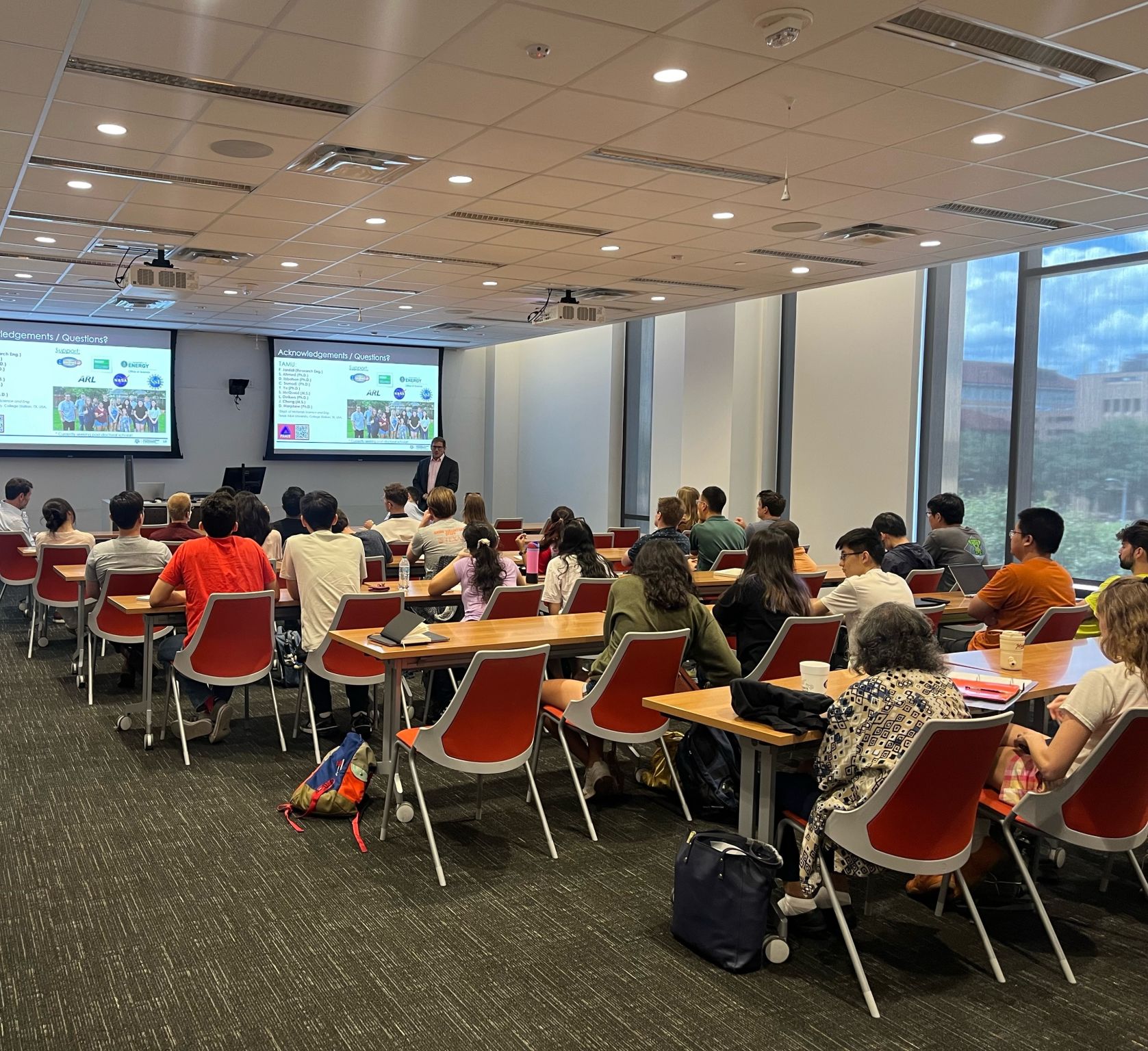
News
Dr. Yuebing Zheng Elected Fellow of SPIE
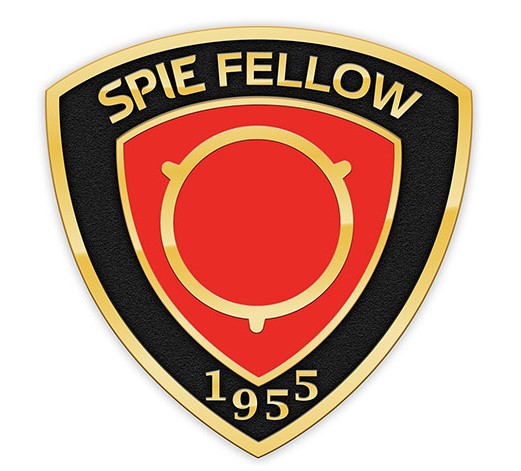
SPIE, the international society for optics and photonics, is proud to announce that Dr. Yuebing Zheng has been elected to the prestigious grade of Fellow of SPIE, in recognition of his outstanding contributions to the field of optics and photonics.
Advancements in Anode-Free Solid-State Batteries

Dr. David Mitlin and Dr. Donald Siegel, along with their colleagues in the Department of Energy’s MUSIC Energy Frontier Research Center, recently published a perspective article in Nature Materials on "Electro-Chemo-Mechanics of Anode-Free Solid-State Batteries."
In2Se3: A New Material for Enhancing AI Performance

In a recent groundbreaking study, Dr. Yurim Jeon, a postdoctoral researcher, and Dr. Deji Akinwande, a distinguished professor, have uncovered In2Se3’s potential to significantly advance artificial intelligence (AI).
Dr. Deji Akinwande Delivers Distinguished Kavli Plenary Lecture at MRS Fall 2024
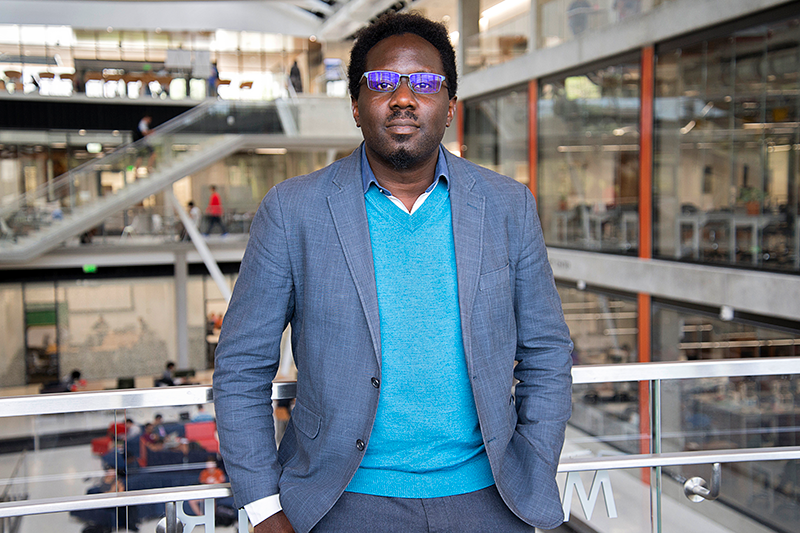
Dr. Deji Akinwande delivered the Kavli Plenary Lecture at the Materials Research Society (MRS) Fall 2024 Meeting, highlighting the potential of 2D nanomaterials for both scientific research and practical engineering applications."
Kent Zheng named Forbes 30 Under 30 in Science

Kent Zheng, assistant professor, has been named to Forbes 30 Under 30 in Science. He joined the McKetta Department of Chemical Engineering at The University of Texas at Austin in January of 2024 having completed postdoctoral research with Prof. Joe Checkelsky at MIT Physics Department.
$12M+
In Grant Funding
20+
Research Patents
10K+

